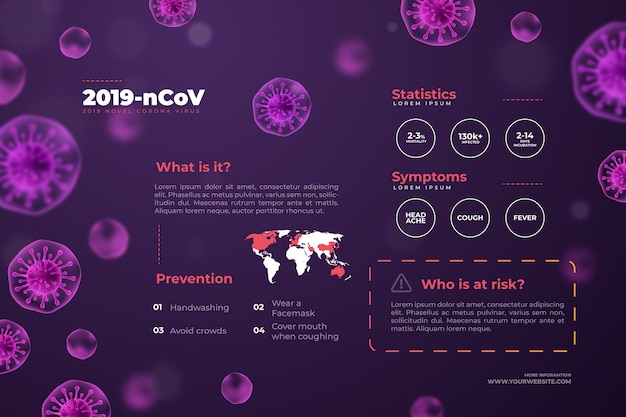Fascinating Facts about Viruses

Viruses are tiny infectious agents that can only replicate inside the cells of living organisms.
The first virus to be discovered was the tobacco mosaic virus in the late 19th century.
Viruses are considered to be the most abundant biological entities on Earth.
Not all viruses are harmful to humans; some can actually be beneficial.
Viruses are responsible for causing diseases such as the common cold, flu, and HIV.
The COVID-19 pandemic, caused by the SARS-CoV-2 virus, has affected the entire world.
Viruses cannot survive or reproduce without a host cell.
The shape of a virus can vary widely – ranging from spherical to rod-shaped to complex structures.
Viruses are billions of times smaller than humans and other organisms.
Vaccines are an effective way to prevent viral infections.
Viruses can mutate and evolve rapidly, making it challenging to develop effective treatments.
Some viruses, like the bacteriophage, only infect bacteria and are considered helpful in certain situations.
Not all viruses have DNA; some have RNA as their genetic material.
The discovery of viruses has revolutionized our understanding of infectious diseases.
Viruses are not considered to be living organisms because they lack cellular structure and independent metabolism.
The study of viruses is known as virology.
Viruses can cross species barriers and jump from animals to humans, leading to new infectious diseases.
Fascinating Facts about Viruses part 2
Viruses are unique in their ability to hijack the cellular machinery of their host cells.
The immune system plays a crucial role in defending the body against viral infections.
Viruses can infect plants as well as animals, causing significant damage to crops.
Viruses are capable of inducing genetic changes in their host cells.
Some viruses, such as the Epstein-Barr virus, can establish lifelong latent infections.
Viruses can be named based on their morphology, host organism, or place of discovery.
Antiviral drugs can help slow down the replication of certain viruses.
Viruses can be spread through various means, including direct contact, respiratory droplets, and contaminated surfaces.
The 1918 influenza pandemic, caused by the H1N1 virus, infected approximately one-third of the world’s population.
Viruses can cause various symptoms, including fever, cough, rash, and fatigue.
The human papillomavirus (HPV) is a common sexually transmitted virus and a leading cause of cervical cancer.
Some viruses, such as the rabies virus, can be transmitted through animal bites.
The discovery of the poliovirus led to the development of the first effective polio vaccines.
Viruses are found in almost every ecosystem on Earth, including the deep sea and extreme environments.
The spread of viruses can be reduced by practicing good hygiene, such as washing hands regularly.
Viruses can undergo genetic reassortment when two different strains infect the same host, leading to the emergence of new variants.
The Human Immunodeficiency Virus (HIV) attacks the immune system, making individuals more susceptible to other infections.
The concept of a computer virus was inspired by biological viruses, as they both have the ability to replicate and spread.
The development of the electron microscope greatly aided in the visualization and study of viruses.
Some viruses have very specific host ranges and can only infect certain species or even specific cells within an organism.
Viruses can become dormant or latent within a host and reactivate under certain conditions.
The human body contains trillions of viruses, known as the virome, which play a role in maintaining health.
Viruses are constantly evolving, which makes it challenging to develop universal vaccines against them.
The Zika virus gained worldwide attention due to its association with severe birth defects in newborns.
Viruses can be used as tools in genetic engineering and gene therapy.
The discovery of the hepatitis C virus led to the development of effective antiviral treatments for the disease.
Viruses have shaped the course of human history through devastating pandemics and shifts in population.
The fight against viral infections requires a collaborative effort from scientists, healthcare professionals, and the public.
